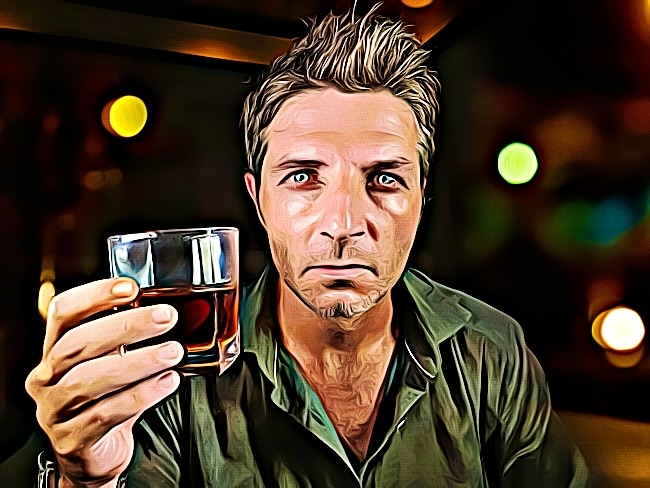Discovering the Hidden Secrets: Do Drunk People Actually Tell the Truth?

Unraveling the Myth: Do Drunk People Really Tell the Truth?
Introduction
The idea that intoxication leads to truth-telling is a longstanding one, permeating many aspects of popular culture and social interactions. But how much truth is there to the claim that alcohol can turn someone into an unfiltered truth-speaker? This article delves into the science and psychology behind alcohol consumption and its effects on verbal expressions. The real question is do drunk people tell the truth?
The Science of Alcohol and Inhibition
Alcohol’s Effect on the Brain
To understand the relationship between alcohol and truth-telling, it’s essential to comprehend how alcohol impacts the brain. Alcohol is known to depress the central nervous system, leading to a decrease in cognitive functions. This impairment affects the prefrontal cortex, the part of the brain responsible for decision-making and moderating social behavior.
Lowered Inhibitions and Increased Candor
As alcohol lowers inhibitions, individuals may feel more at ease expressing thoughts and feelings they might usually suppress. This phenomenon can create a perception that a drunk person is more honest or truthful. However, it’s crucial to note that lowered inhibitions do not necessarily equate to increased truthfulness.
Psychological Perspectives
The Role of Context and Personality
Psychological factors play a significant role in determining how a person behaves under the influence. The context of the situation, individual personality traits, and the person’s emotional state can all influence the likelihood of truth-telling when drunk.
Alcohol and Emotional Expression
Alcohol can heighten emotions, making individuals more likely to express their feelings openly. This emotional expressiveness is often mistaken for honesty but can be misleading. Emotions, intensified by alcohol, do not always reflect a person’s genuine beliefs or intentions.

The Limitations of Alcohol-Induced ‘Honesty’
Misinterpretation and Exaggeration
While alcohol might lead to more open expression, it can also result in misinterpretation and exaggeration. A drunk person’s words are often influenced by their impaired judgment and should not be taken at face value.
The Distortion of Reality
Alcohol can distort an individual’s perception of reality, leading to statements that may be honest in feeling but inaccurate in fact. This distortion challenges the notion that drunkenness equates to truth-telling.
Implications and Considerations
It’s important to consider the broader implications of believing that alcohol leads to truth-telling. This belief can lead to misguided trust in the words of someone under the influence, potentially causing misunderstandings and conflicts.
Conclusion: The Myth Versus Reality
The myth that drunk people always tell the truth is a simplification of a complex interplay between alcohol, psychology, and social context. While alcohol can lead to lowered inhibitions and more open expression, it does not guarantee truthfulness. Understanding this can help navigate social interactions involving alcohol with more insight and caution.
Source: https://www.ncbi.nlm.nih.gov/pmc/articles/PMC5544024/
 Pathways Drug Rehabilitation Luxury Addiction Treatment & Detox Center
Pathways Drug Rehabilitation Luxury Addiction Treatment & Detox Center

